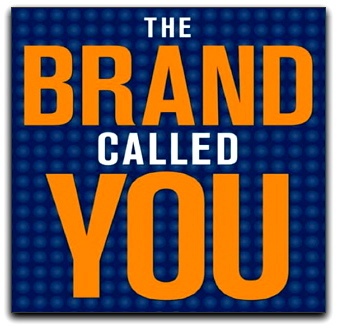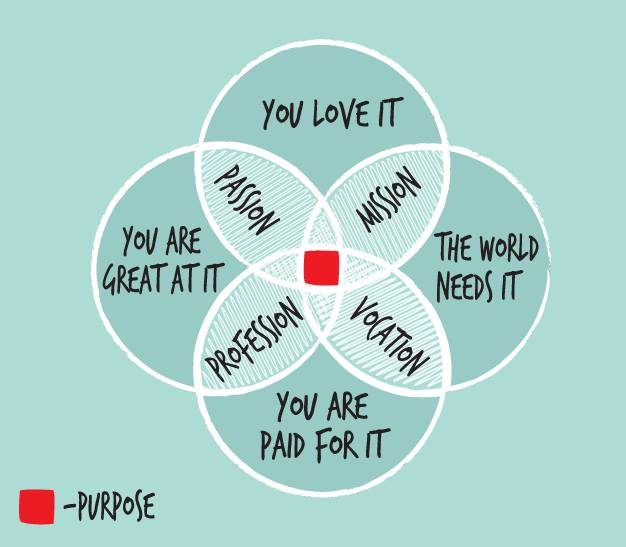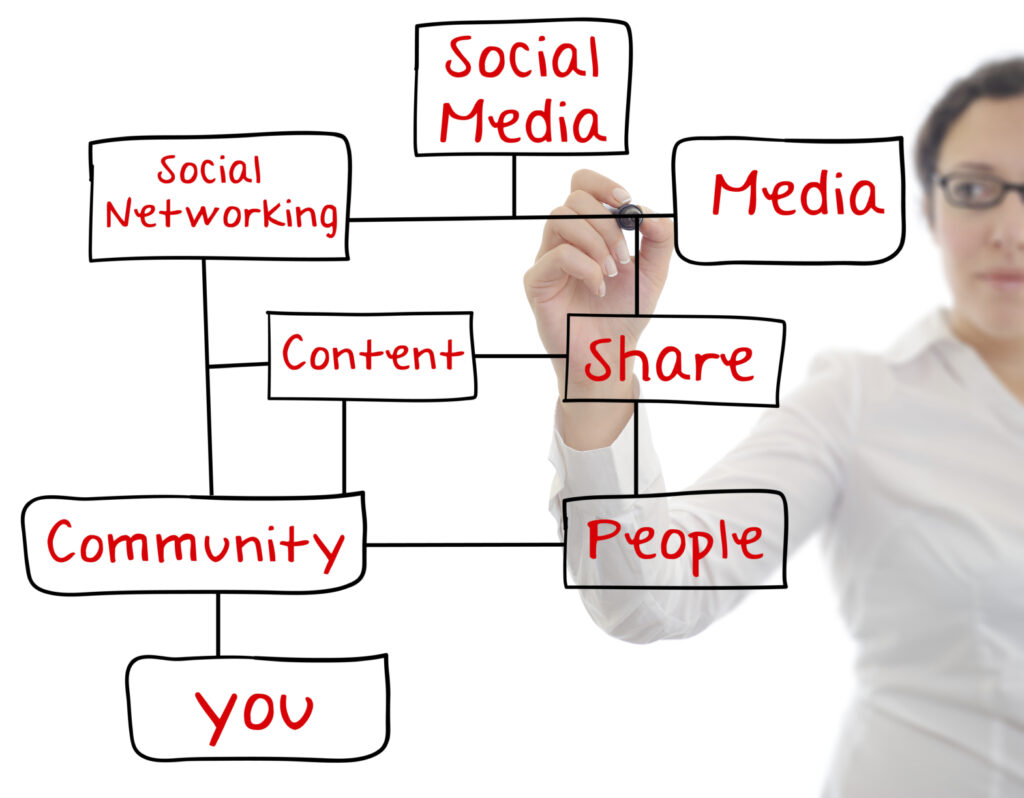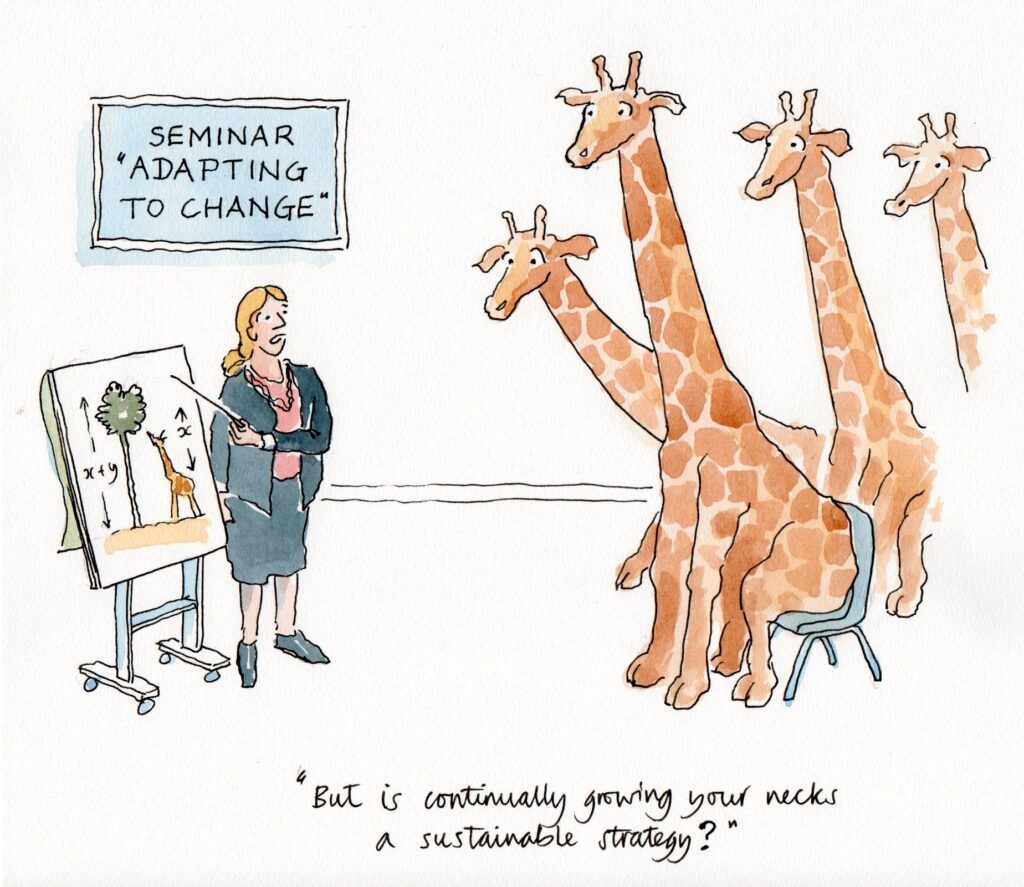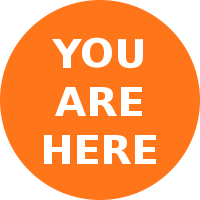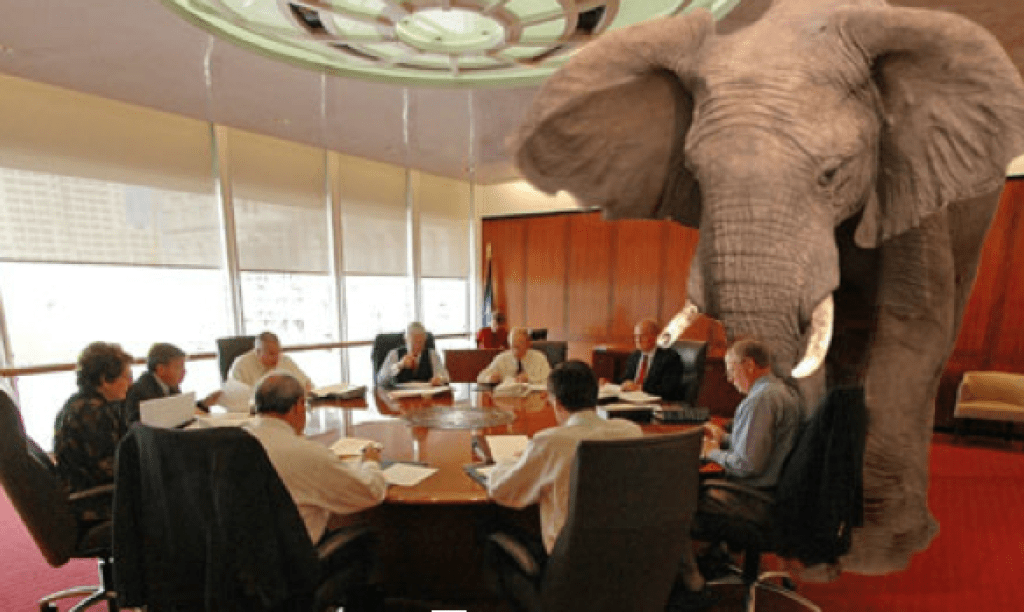Happy Valentine’s Day!
Love has many contexts: Partners, pets, friends, children, job/work.
The context of this article is work/career. I have a portfolio career by design, which I love – it gives me variety, learning, is future-proof and makes a difference.

This short article shares:
- Common causes of not loving your work/career
- Lack of career love to an extreme
- Career coaching client examples and how I helped them
- What you can do to fall back in love with your work
- What next?
If you love your work and career – great!
If not, read on. Also, someone in your network may benefit from reading this article – why not share it with them?
Common causes of not loving your work/career
- Boss – lack of support/feedback from your line manager
- Outlier you feel like your ‘face doesn’t fit’
- Strengths mismatch – your current role doesn’t play to your strengths
- Stale + bored – you feel bored by repetitive work/tasks
- Lack of challenge + learning – the role that you are doing is beneath your capability and you don’t feel intellectually stimulated
- Stayed too long – you have been with one employer for many years, too many years for whatever reason, and a change feels scary, understandably
- Undermining boss – you have a narcissistic boss who takes pleasure in demeaning you and making you feel bad
- Values mismatch – what is important to you is different to what is important to your employer
- Wrong fit – your specialism isn’t a key strategic focus for your employer
- Wings clipped – your boss micromanages you and stifles your enterprise
- Dead end – you have been passed over for promotion
- Recognition bypass – you haven’t got the recognition that you feel you deserve

- Ageism barrier – you are experiencing ageism and not being developed or given training – you want to slow down but not stop yet
- No step up – Where next?! – there are no career opportunities to advance where you are
- Hate your career – you fell into your career and don’t love it or even like it. If you are really honest with yourself, you never have
- Want change but – you know that you want to make a career change but feel fearful, procrastinate and then ‘beat yourself up’ feeling more miserable and stuck by the day
- Unfair rewards – you haven’t had a pay rise for many years and are finding it hard to keep up with the cost of living
- Invisible – your boss takes credit for your achievements and you not given the visibility or recognition that you deserve
- Side-lined – you are not allowed to get involved in flagship projects or deals, instead are involved in admin and hidden behind the scenes so you feel invisible
- Pushed out – you feel like you are being pushed out and encouraged to leave without being given redundancy
- Redundancy rumours – your employer is not doing well and there are rumours of redundancies which are likely to affect you
- Home alone – you work from home and feel miserable and miss the company and banter of being in an office
- No life balance – you have poor work life balance because your employer has rigid policies, insists on presentism and you are juggling caring responsibilities, either aging parents, children or both
- Shifting sands – the company you work for now is different from the one you joined and used to love; different culture, a leadership team you don’t like, it has grown big and become all about processes and policies when it used to be small and friendly and you knew everyone
- Unappealing prospects – you don’t like what the next step up looks like e.g. a Partner in a law firm with fee earning pressures and needing to invest in the business
- Empty purpose – you don’t feel connected with your employer’s purpose
What other causes of not loving your work would you add?
Which cause/causes listed above do you relate to?
In my 23+ years of being a career coach, I have dealt with clients affected by all these different causes of not loving their work or career.
The important thing is to take the decision to do something about it. It doesn’t have to be immediate but give yourself a gift today, Valentine’s Day to make a change. You deserve to love your job/career.
We spend many many hours at work in our lifetimes, and life expectancy is increasing, with the retirement age going up. It is really important to love, or at a minimum like your work. Do you?
Lack of career love to an extreme

A number of times we have worked with clients who have been signed off work sick. It is like their body is saying ‘get me out of here’!! Time off work, sick leave, gives you time to think and change direction. Don’t let it get to that point!
Career coaching client examples and how I helped them

Sector/job mismatch – J was a lawyer working in SaaS which didn’t interest them – I helped them to get really clear about what products, services and sectors they were interested in so that they could be targeted in looking for their next role
Specialism mismatch – M’s law firm was taken over and her specialism was not important to the new firm – I helped her to continue to believe in herself and develop a long-term career strategy, and she moved to a new law firm whose focus matched hers
Unappealing step up – L was a successful associate but the role and pressures of being a Partner didn’t appeal. We helped her to pivot into a non-fee earning role ‘professional support lawyer’ and plan her long-term career strategy. She is now on track to achieve her dream role/career – CEO of an orchestra
Values not aligned – N was working in a practice group doing ‘commercial’ work that didn’t interest her. We helped her to understand what was causing her dissatisfaction and to pivot in a direction that was more her. She negotiated working a couple of days a week in charity law with her current firm and started studied for a higher qualification that would help her to move in her ideal career direction.
It’s my time now – M had put her own career on the backburner, putting her husband’s career then raising 3 kids as the priority. She felt sadness and regret, and we helped her to make her own needs a higher priority, free up time for career coaching and get her career back on track, sharing career options that suited her better than her current role with a plan to achieve it

We have lots of case studies to share, get in touch.
What you can do to fall back in love with your work
- Keep a diary of highs and lows at work to see what the triggers are for not feeling happy and fulfilled;
- Work with an experienced career coach who possesses in-depth knowledge of your sector/profession to properly dedicate time and energy to this important topic for fulfilment, finance and many other reasons;
- Understand your personal values, motivations, career needs and wants and what may be causing career dissatisfaction and for you not to love your work/career;
- Get involved in additional activities at work that broaden your experience and knowledge;
- Ask for an internal or external secondment;
- Get an external mentor;
- Develop a side gig;
- Start to develop a stimulating portfolio career – a future-proof career.
What would you add as tips?
Interested in career change?
Career change isn’t easy, a bit like finding the ideal partner for you. Contact us for case studies and client testimonials, and/or or see the Recommendations section on our LinkedIn profile.
What next?
If you would like a confidential no-obligation chat about your career, get in touch.




